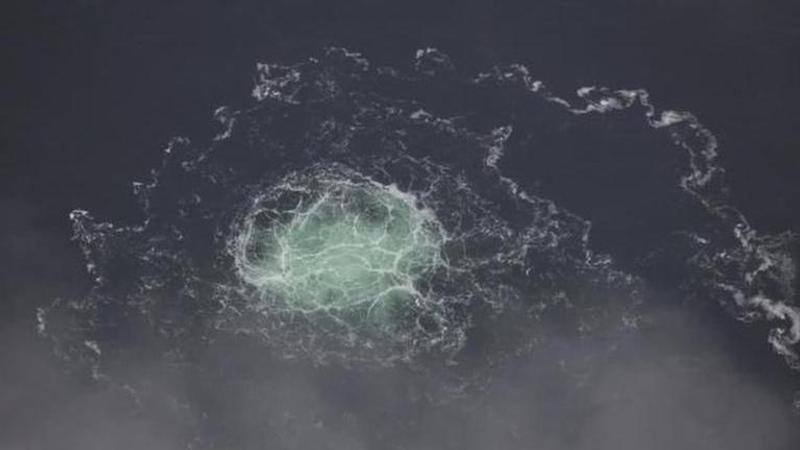Published 16:37 IST, April 22nd 2023
Facebook changes stance on Hersh's report, downgrades warning on it to 'partly false'
The social media platform faced criticism for initially labelling the report as 'false.' Hersh is a Pulitzer prize-winning journalist.

Image: AP | Image:
self
Advertisement
16:37 IST, April 22nd 2023



